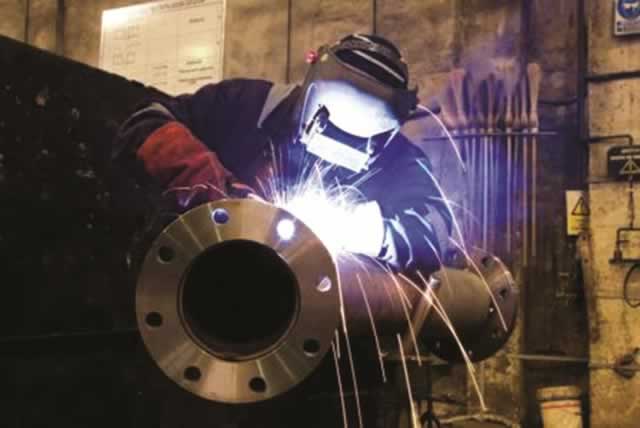Workers at mercy of unscrupulous employers

John Manzongo @ The Workplace
The workplace is fast becoming a jungle where only the fittest survive at the detriment of the larger group. There doesn’t seem to be proper adherence to the country’s labour laws as employers are taking advantage of the tough economy which they blame for everything.
Workers also are partly to blame in this fast-emerging jungle through their ignorance or free will.
They seem to have developed a wait-and-see or “if it does not affect me then ignore it” attitude.
There are a number of issues that this piece will highlight so that those in the dark might see the light.
Working hours seem to be a bone of contention in many workplaces save for Government institutions which have clearly stated working hours.
In many instances workers are being forced to work for several hours beyond those stipulated by the law, which is eight hours, excluding one hour lunch and 30 minutes tea break.
Such actions are allowed to go on just because there doesn’t seem to be a clear policy or knowledge on the part of employers and workers respectively on how best to deal with the issue.
In some instances departmental heads are the ones forcing workers to go for unpaid overtime because of poor management skills.
It must be noted that departmental heads wield more power than human resources departments because they are the ones who deal directly with workers on a daily basis and whatever they say, especially to an illiterate workforce, is binding.
It should be the duty of human resources department to be in constant touch or make constant visits to the various departments to teach and assess staff working conditions.
This might not necessarily be to find fault or uncover any wrongdoing but so as to make workers aware of what they are entitled to or expected to do.
Human resources persons might say this is the responsibility of workers’ committees but then those committees are no longer as objective as before and many workers’ committee members might also be illiterate themselves such that they cannot fully represent their constituency.
One can cite the example of drivers who deliver various goods to different parts of the country daily early morning around dawn.
The working hours of such a person, according to the law, must be counted from when he or she drives out of the company premises.
But then the contentious issue here is that, while the driver is awaiting the delivery time, where should he or she, at home or at work?
If one is at home, it must be the duty of the company to ferry the workers from their homes to start work since there is no public transport around 1 or 2am.
If the worker is then instructed to be waiting for delivery time at the company premise, let us say from 7pm until his or her starting time of 3am, can the worker be said to be at work or the status is unrecognised?
These are actually eight hours in waiting before one starts work.
Like I said, this is an instruction given to the worker by the company either at departmental or management level.
What happens to these eight hours; are they paid for or are just ignored?
Then it also comes to workers who deliberately delay in doing their job and later want to claim overtime.
This behaviour must be condemned at all costs because it ends up painting the whole group as bad.
Coming to the issue of health and safety at the workplace, one may concede that many companies have requirements written down but fail to implement them.
Many workers involved in hazardous jobs are going without protective clothing, a situation which ends up killing them or making them terminally ill yet the law only affords 90 days (three months) sick leave on full pay within one year.
When the worker gets ill because of the employers’ failure to provide protective clothing, what happens to this worker? Can he or she be able to claim compensation from the employer?
Will the employer accept responsibility or will he cover up by buying the protective clothing then?
The jobs in question include engineering in workshops, painting, carpentry, refuse collection, toxic chemicals, construction and driving, among others.
In many instances employers are mostly concerned with issues to do with bringing in money to the company at the expense of the workers’ health.
Many companies think that overalls or work suits constitute all the required protective clothing and you always hear them bragging about having bought the same.
Protective clothing is that which prevents or minimises injury to the workers such as gloves, helmets, industrial shoes, protective glasses and mouth masks, to mention a few.
Now, it is very easy to know that this person is not a white collar worker because of his or her hands, they are so cracked and rough due to the different chemicals that he or she touches without protective clothing!
Coming to the issue of HIV and AIDS, many workplaces are aware of the national policy which was adopted by Zimbabwe in 2011 but rarely is the policy implemented or acted upon.
In many companies this policy is as good as non-existent. Many workers still endure discrimination, lack of moral support, lack of treatment funds and some workplaces do not afford prevention mechanisms.
At many workplaces there is no education or advocacy about how to prevent pandemics, be it preventing exposure or infection.
The only attempt by many companies to prevent or make workers aware of the pandemic is placing condoms in toilets.





Comments